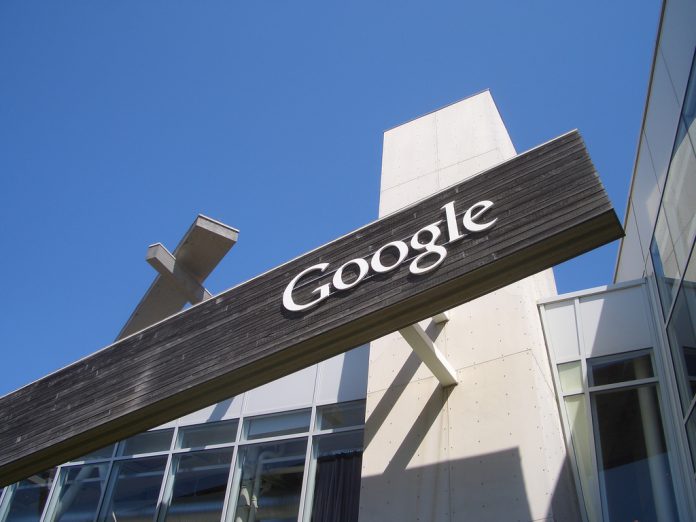Google's Assistant is a powerful tool that provides virtual help and can engage in two-way conversations. However, it will not be giving Microsoft's Surface Pro devices any problems. Google has announced that the Assistant will not be coming to tablet devices running the Android OS.
The new virtual assistant that is supposed to be a grade in functionality above the existing Google Now, and Apple's Siri and Microsoft's Cortana for that matter. It initially launched on the company's own Pixel and Pixel XL smartphones, the Google Home Speaker, and Android Wear devices.
However, Google has previously announced it would bring Assistant to more devices. Those smartphones would need to be running Android 6.0 Marshmallow and 7.0 Nougat. In that announcement, Mountain View made no mention of tablets.
That's with good reason, because the company has now confirmed Assistant won't be coming to tablet devices.
“The Assistant will be available on Android Marshmallow and Nougat phones with Google Play Services, this does not include tablets.”
Why This Matters
The reasons why Google is uninterested in pushing out Assistant to tablets is clear. Firstly, the company already has Google Now, which many users still prefer over the new services. Secondly, the tablet market is increasingly looking doomed. Hardware sales are tumbling and they are unlikely to pick back up.
Even market leader Apple has seen its iPad sales drop through the floor in recent years. Unlike smartphones, where consumers are enticed to updated yearly or bi-annually, tablet owners have no need to upgrade until software leaves them behind.
However, one corner of the tablet market is thriving. The hybrid sector which combines the best of tablet and laptop technology continues to grow. This has largely been on the back of Microsoft's Surface Pro line of devices.
After a slow start, the Surface division grew into something that holds a lot of promise. This area of the market is seeing significant growth and Microsoft has largely got the area cornered. Sticking by Windows as a PC platform has paid off. No mobile OS can match Windows for functionality as a laptop.
As tablets and desktops die, customers could look to hybrids as a new everyday computing solution. While Microsoft is thriving, other companies could still muscle into the market. Apple already has with the iPad Pro, and features like Assistant would arguably give Google a foothold in the hybrid space.
While I am personally torn on whether Assistant is actually any good, the fact it is possible to turn the assistant into a central hub of sorts for all smart devices is appealing. However, by keeping it on smartphones and wearables, Google is largely steering away from Microsoft Surface Pro turf.






